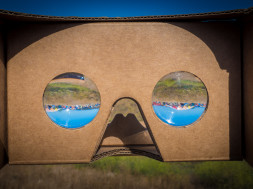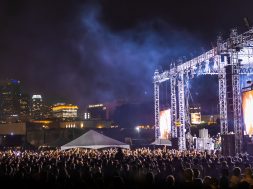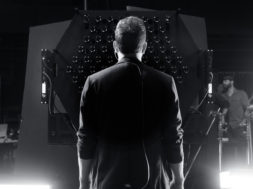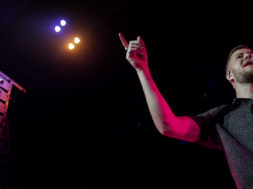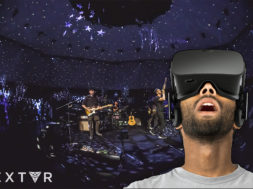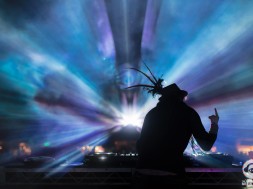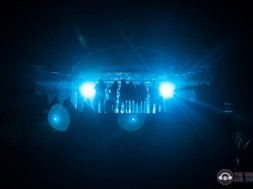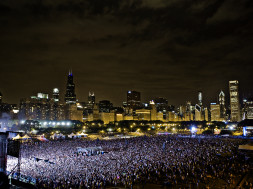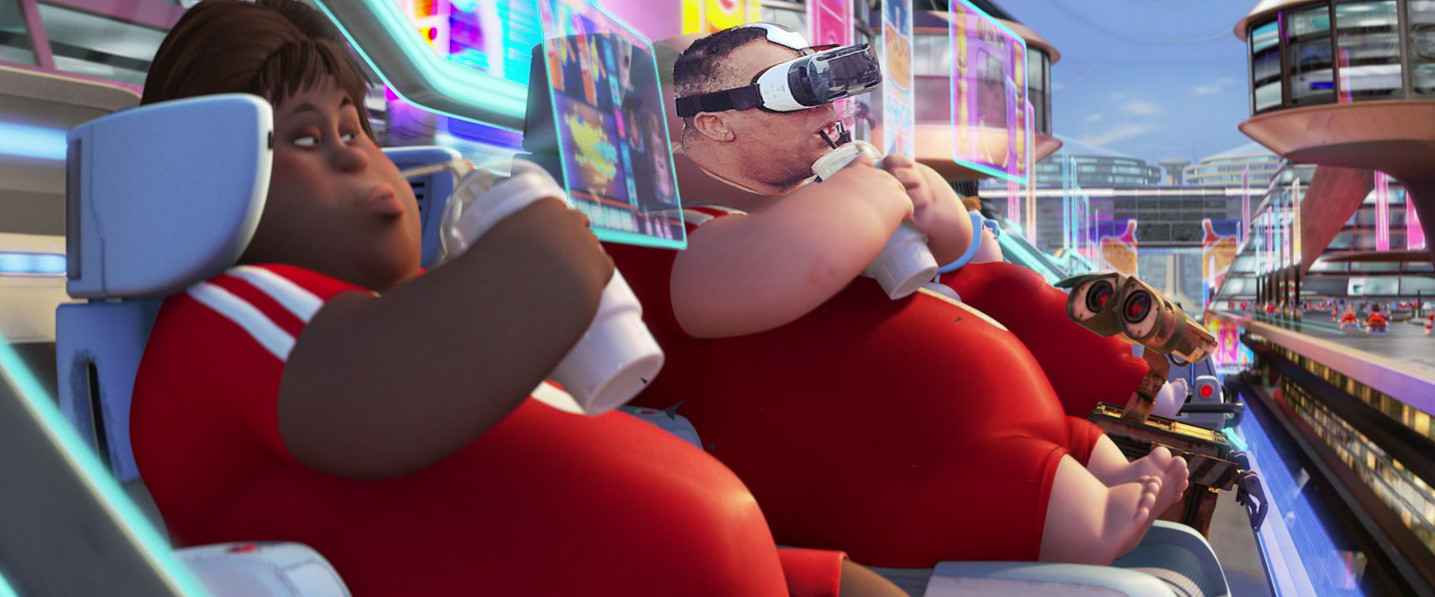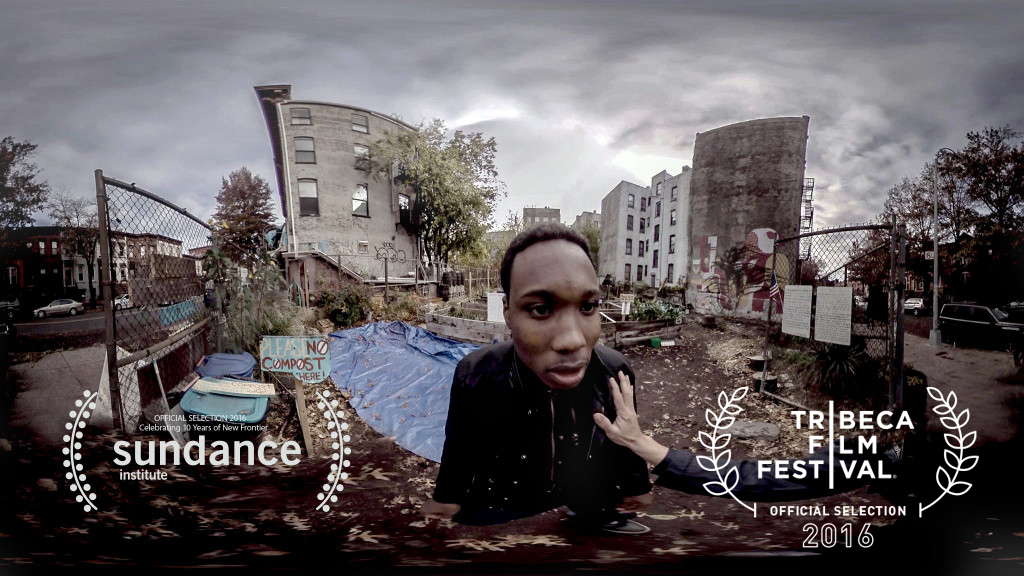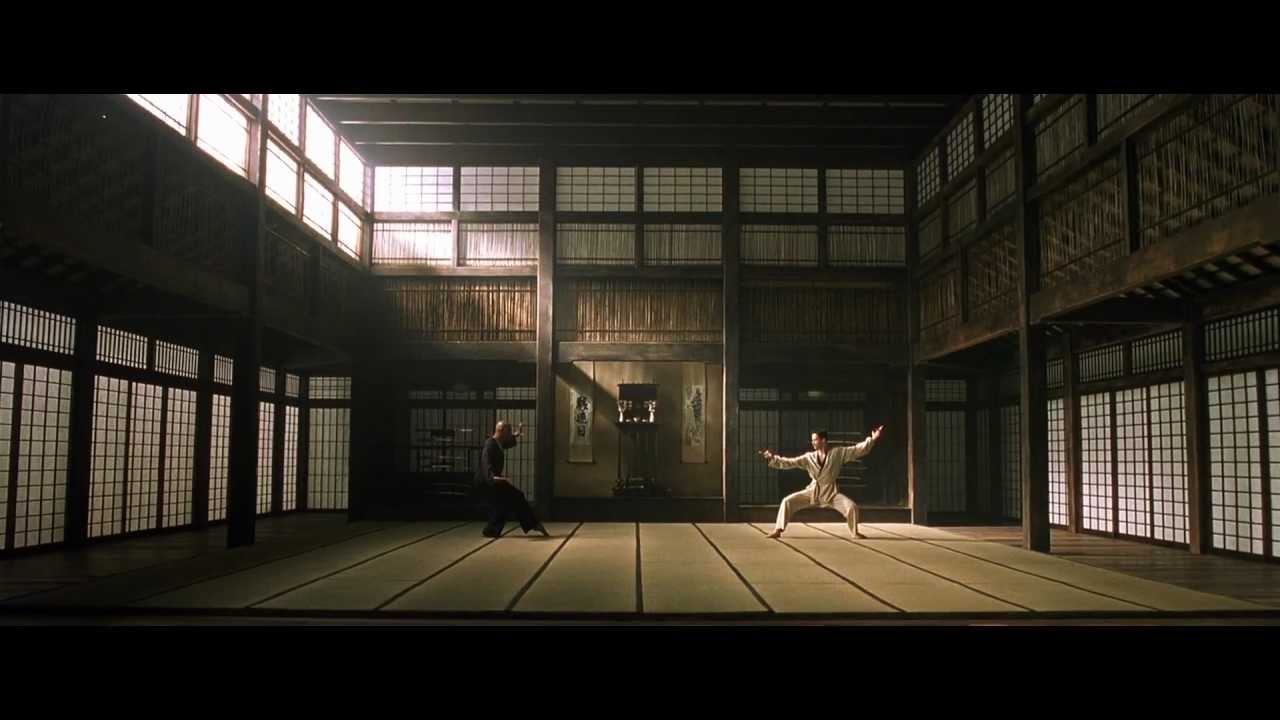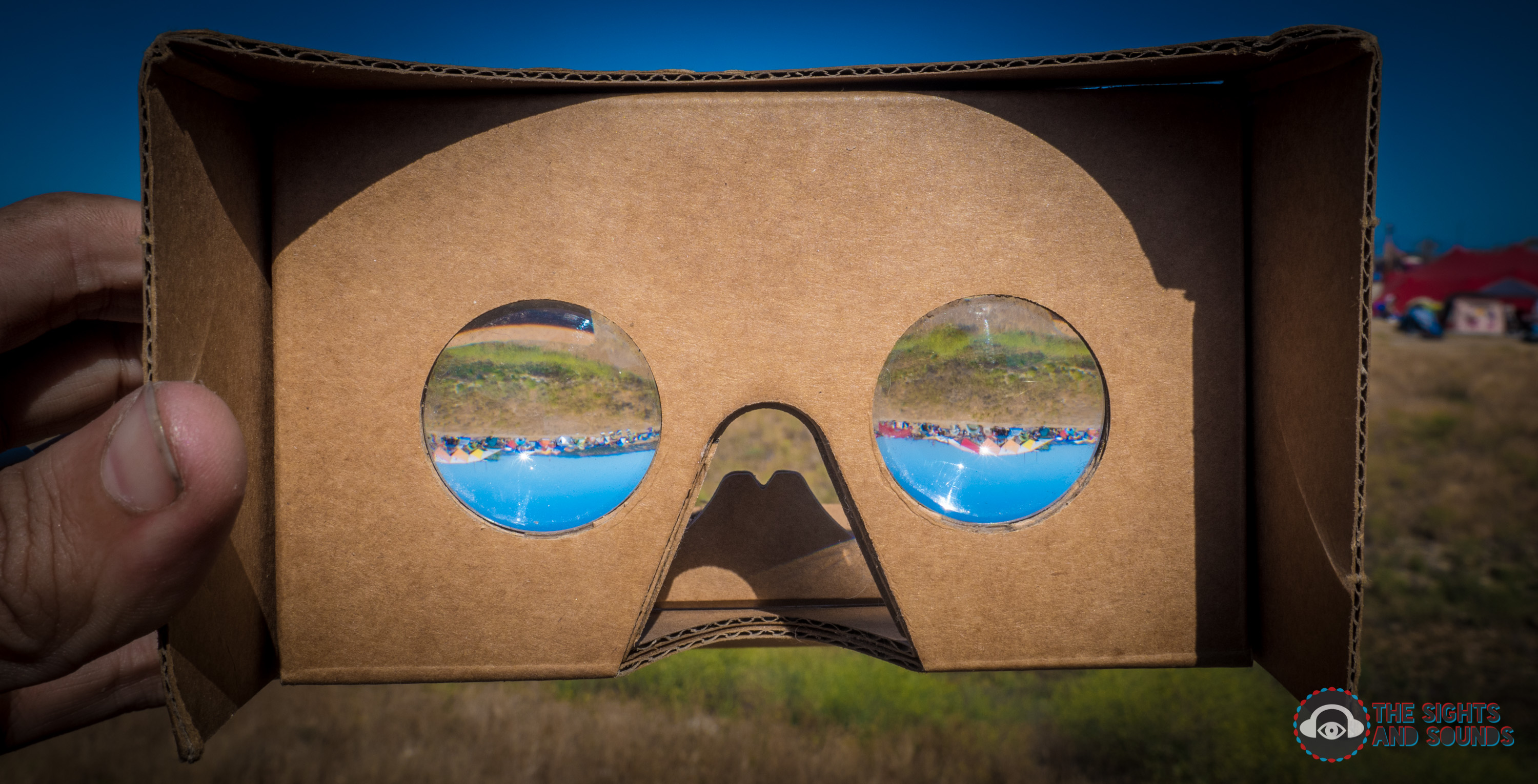
How Will VR Impact the Future of Humanity?
If we are consciously building our future collectively, what exactly does that future look like that we are envisioning? Are we creating new technology out of choice or merely because it has become plausible and therefore possible? Virtual reality(VR) is currently one of the hottest and most highly anticipated technologies alongside the likes of augmented reality(AR), big data, and artificial intelligence in 2016. This is the year that consumer-facing technologies are finally hitting the market and everyone is saying it is the launch of a new age in human/computer interaction, however what exactly does that mean? Are we going to dive into our wildest fantasies and become the humans from WALL-E? Will physical classrooms and offices be a thing of the past? How will that affect our daily lives and more importantly how will that affect us as a whole, as humanity?
Where will the rabbit hole take us?
For most that brings up more questions than answers as we (the American consumer) already spend on average more time interacting with electronics than sleeping daily[1]. So we went to find out what experts across different fields are envisioning for VR at Further Future 002. We interviewed Pete Blumel, CEO @ The Rogue Initiative, Ryan Pullium, CMO @ Specular Theory, Jael De Pardo a Hollywood activist and Producer, and Jeffery Martin, Lab Director @ Transformative Technology Lab. We went through a series of questions from what they see as the biggest potential for the technology as well as addressing some of the fears around it. As many of us have read in the Ernest Cline’s depiction of a possible future in Ready Player One, there are contrasting sides to the world we are creating.
[go_portfolio id=”vr_article”]
'VR is an entirely new medium and requires a whole new way of thinking-- it's a new language.' -RPClick To TweetTechnology has been our vice and our savior throughout history; it is what separates us from any other animal. With every new advancement, we have deep fear of what that new power might do in the wrong hands as everyone knows from Peter’s Uncle “with great power comes great responsibility”. Yet with each advancement we are also exponentially altering the speed at which we can comprehend information: the book, radio, television, Internet, and now VR. We are creating technological structures that build off each other to allow for faster downloads of information/increased bandwidth of communication. Thus allowing us to access, filter, and process as much information as possible to ultimately find our highest purpose as beings.
(An example 360 photo from Lightning in a Bottle 2016)
The fully immersive digital world is here. And unlike Nintendo’s Virtual Boy it’s here to stay. Projected 56 million VR headsets will be sold by 2020 with the market itself projected to be worth $80 billion by 2025 (Goldman Sachs VR/AR Report).
Which means there are a few main points of view to layout:
- VR has the potential to grant and garner intimacy and empathy like no other medium before it. –PB
- I agree with Jason Silva’s quote “there’s nothing virtual about virtual reality” when speaking about real virtualities. I also agree “there is no spoon”. Perception is presence. –RP
- We really believe that virtual reality is the most promising transformative technology that is on the horizon. –JM
- In a world where technology allows us to customize what we give our attention to moment by moment, we run the risk of being alone together. People want to be together but also elsewhere, connected to all the different places they want to be. –JDP
Anything and everything that we experience has an imprint on who we are going forward. No I am not saying because you played Call of Duty that you are a killer, however I am saying that you have a deeper understanding of a battlefield than someone who hasn’t (nor had any military training). We are moving from passive media that is reliant on a screen that is part of our world into an age of immersive media that is a succession of curated virtual first person experiences. This changes not only how the media is made and how it has to be thought about, but also how us the viewer interacts with it.
What are the negatives?
As we look to the dark side and explore what possibilities we are afraid of coming to fruition with VR:
People seem most concerned about how these technologies will impact the social connection, the social fabric of society. –JM
That we lose touch with “reality” and fall head over heels into a Netflix hole that we wake up slobbering to ten episodes later, pushing our headset off our bewildered face as we see the sunrise with the alarm blaring literally and figuratively (how did one episode turn into this?). That this experience into a fully immersive digital world could sever our interpersonal interaction at such a level that we lose sight of what it means to be in relationship with ourselves and with each other. As experience developers are only getting better at hooking us in and more media is uploaded in one hour on youtube than one person can watch in a lifetime, how are we possibly going to make it out of VR alive?
As human beings we are prone to habit by repetition. So on the flip side, if we rely solely on technology for education or entertainment, we run the risk of over indulgence that can cause deleterious results. -JDP
And I know firsthand, a whole summer of my youth fell prey to these mad game designers playing World of Warcraft. However, the core reason why it was so addicting was not just the gamification of rewards and status, but at its very core it was all about social interaction. It invited you to step outside your comfort zone as you were known simply as your personalized avatar and name you gave them. However I will admit that my virtual social life took over my actual one that summer and was a great lesson for me. VR and ultimately AR will look to connect at an even deeper level. As Pete put it they “are also designing VR experiences that are intended to be enjoyed with others. Social experiences that are intended to bring people together.” The bigger vision is not these singular experiences that immerse you and cut your interaction with humanity, but actually increase it. What it ultimately comes down to is: “Managing our interaction with these tools and devices is on us. We still have a responsibility to be human.” -RP
What are the new possibilities?
Where it gets truly exciting is when we look at the limitless potential that this technology opens up. Where every fiber of our being could be on fire because we just had a virtual experience that resulted in us feeling more alive than any previous experience in “reality”, ever. Where we use the curated experiences we create to uplift and create empathy beyond any other medium as we for the first time can walk a mile in on another person’s shoes.
We can now educate with experience, heal the deep consciousness and mind with peaceful imagery and create more empathy through shared experiences. -RP
This excitement for its potential was echoed across all of the interviewees:
I believe VR has the potential to bring people closer together, and thus bring down barriers, which could create a significant shift in cultural education and understanding. -PB
From a transformative technology standpoint we of course think that it has a tremendous possibility to assist with human flourishing, with an increase in human well being, -JM
If this is the future that is being spoken about now, VR is going to have a drastic effect on the future of the human species as it is elevating the speed at which we can have peak experiences. We will be able to practice pushing the edge without the same responsibility of the failures that could occur. We could neurologically wire ourselves through virtual experiences to increase our intelligence. Many people believe we are here in this human existence to learn lessons, and what better way to do so than to curate experiences that teach you the lessons you need to learn most. However, as with all technology a balance act must occur and not only with the amount of time that it is used, but also what information is being consumed; as there is a big difference between two hours of a first person shooter and media that uses the new found level of empathy to show you what its like to live through another’s perspective.
“The key for positive transformation via technology and VR is to develop a self-aware relationship with these tools, and a more self-aware relationship with others and with our selves.” -JDP
The message matters, and as the tools are being commoditized for not just the media, but for us to be the content creators, let us stand for content that is not only fun and engaging, but driven by a higher purpose to be of service to each other. Ultimately, opening up our channels of communication to share in greater depths the sum of these individual experiences that each of us gets to call our life.
What we give our attention and money to are the exact things that we are supporting, whether that is your favorite Chinese restaurant or a VR experience of glaciers, you are supporting the people that put in the energy to create that experience for you. Humanity is an outer representation of ourselves, so it is up to you, up to me, up to us to use these technological tools to accelerate the speed at which we learn to elevate ourselves, each other, and the generations to come.
[1] https://www.statista.com/chart/1971/electronic-media-use/
1709
